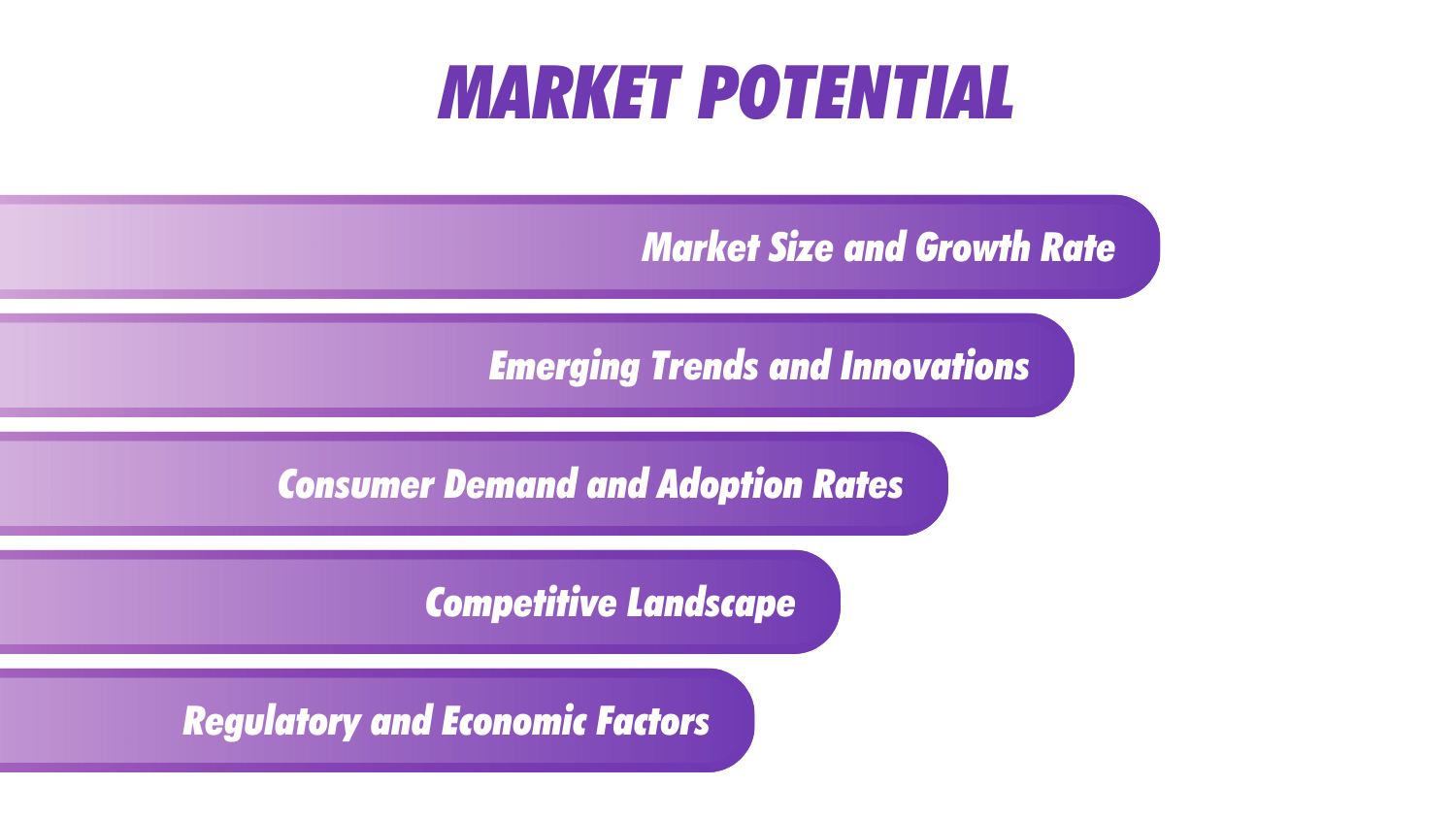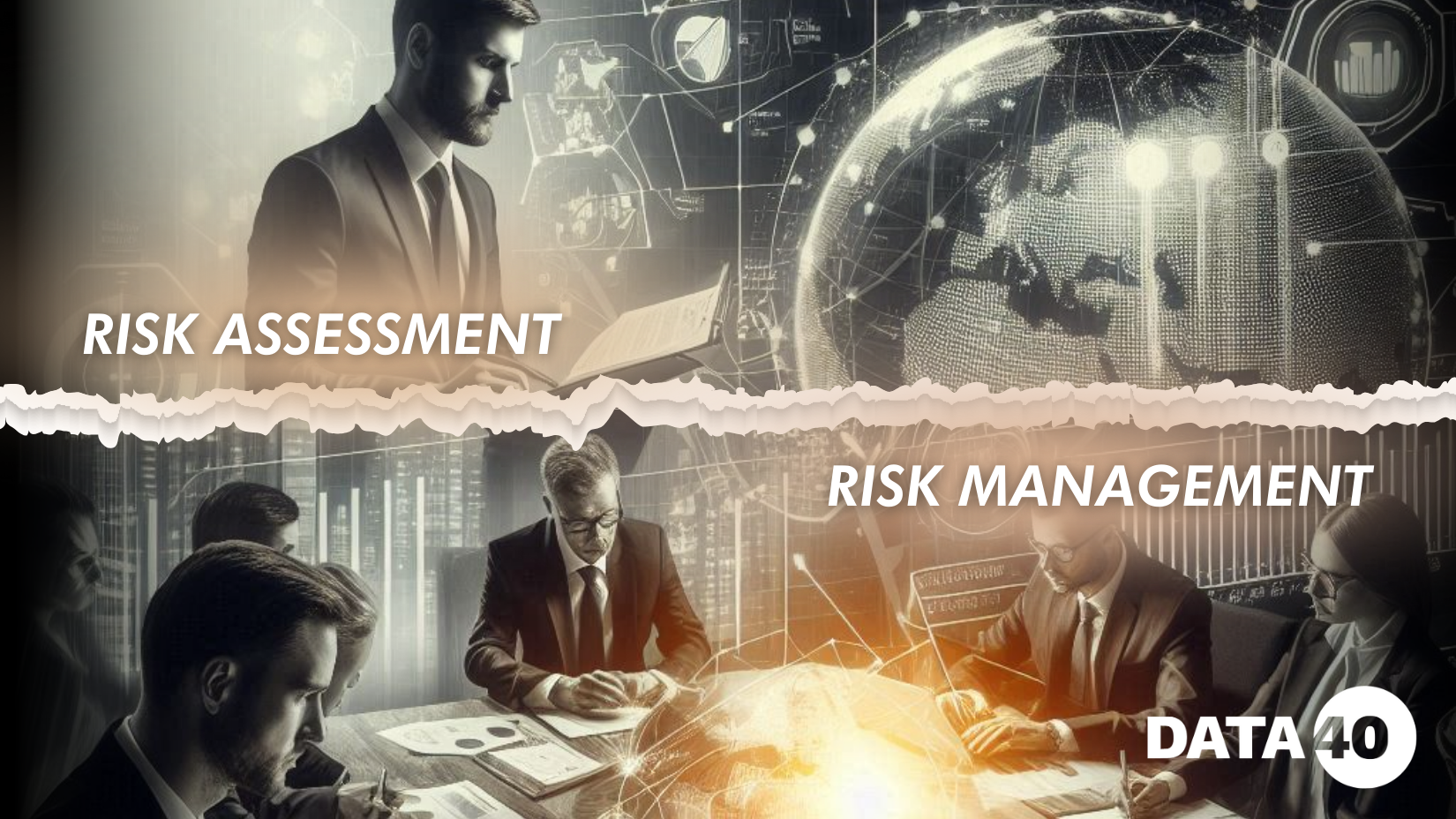

Venture capitalists (VCs) are essential to the startup ecosystem, providing funding to early-stage companies with high growth potential. In 2024, their investment choices are influenced by rapidly evolving technologies, shifting market demands, and global economic conditions.
This year, VCs are particularly focused on sectors offering substantial growth opportunities and transformative potential. Key areas attracting significant investment include technology (especially AI, machine learning, and blockchain), clean energy, biotechnology, and digital health. These industries are not only promising high returns but also addressing pressing global challenges.
Technology remains a top priority, with innovations in AI and blockchain driving interest due to their potential to disrupt various industries. Clean energy investments are rising as climate change concerns and consumer demand for sustainability increase. Biotechnology and digital health are also prominent, accelerated by the COVID-19 pandemic and a need for advanced medical solutions. VCs look for markets with large growth potential, innovative technologies, favorable regulatory environments, and strong exit opportunities through IPOs or mergers. Understanding these preferences is crucial for startups and investors to navigate the evolving venture capital landscape effectively.
Market Potential

Market potential is a pivotal consideration for venture capitalists when selecting investment opportunities. As of 2024, VCs are particularly focused on sectors with significant growth prospects, driven by technological advancements, evolving consumer behaviors, and emerging trends.
1. Market Size and Growth Rate
Venture capitalists seek markets that show both a large scale and rapid growth. For example, the artificial intelligence (AI) sector is expected to reach $500 billion by 2025, growing at a compound annual growth rate (CAGR) of approximately 37%. This explosive growth is driven by advancements in AI applications, such as autonomous vehicles and personalized marketing solutions. Similarly, the clean energy market, including solar and wind technologies, is expanding rapidly, with investments in green energy expected to surpass $1 trillion by 2025.
2. Emerging Trends and Innovations
VCs are drawn to markets on the verge of major transformations due to emerging technologies and trends. In the clean energy sector, innovations such as solid-state batteries and green hydrogen technology are setting new benchmarks. For instance, companies like QuantumScape are pioneering solid-state batteries that promise longer life and faster charging for electric vehicles. In biotechnology, gene editing technologies like CRISPR are revolutionizing medical treatments, offering potential cures for genetic disorders and personalized therapies.
3. Consumer Demand and Adoption Rates
Market potential is also gauged by shifts in consumer preferences. For example, the plant-based food market is experiencing rapid growth as more consumers choose sustainable and health-conscious options. Companies like Beyond Meat and Impossible Foods are leading the charge, with the plant-based food sector expected to reach $74 billion by 2027. The rise in remote work has driven demand for innovative software solutions, such as collaboration tools and cybersecurity platforms, reflecting a broader shift towards digitalization.
4. Competitive Landscape
The attractiveness of a market is influenced by its competitive dynamics. For instance, the cybersecurity industry is gaining traction due to increasing concerns about data breaches and cyberattacks. Companies like CrowdStrike and SentinelOne are capitalizing on this trend, providing advanced threat detection and response solutions. Markets with high entry barriers or underserved niches offer appealing opportunities for VCs. The space industry, with its high capital requirements and technical challenges, is an example where innovative startups can stand out, such as SpaceX’s advances in reusable rocket technology.
5. Regulatory and Economic Factors
Regulatory environments and economic conditions also impact market potential. In 2024, supportive government policies and incentives are boosting sectors like renewable energy and digital health. For example, the Inflation Reduction Act in the U.S. includes provisions for clean energy investments and electric vehicle adoption, creating favorable conditions for startups in these areas. Conversely, markets facing stringent regulations or economic uncertainty may present higher risks, which VCs must evaluate carefully.
Innovative Potential

Innovative potential is a crucial factor for venture capitalists in 2024, as they seek sectors where new technologies and approaches can significantly disrupt existing markets and create novel opportunities. Here’s a snapshot of key areas demonstrating high innovative potential:
1. Technological Advancements: The AI industry remains a top focus, with breakthroughs such as generative AI models from companies like OpenAI transforming creative and business processes. These technologies have vast applications, from content creation to enhanced data analytics.
2. Health Tech and Biotech: Personalized medicine and advanced therapies are at the forefront of healthcare innovation. Startups like Tempus and 23andMe are using genomic data for tailored treatments, while CRISPR and mRNA technologies are revolutionizing disease treatment and vaccine development.
3. Clean Energy: Innovations in clean energy, such as more efficient solar panels and advanced battery technologies like solid-state batteries, are drawing significant investment. Companies like Tesla are advancing electric vehicles with cutting-edge tech and sustainability features.
4. Space Exploration: The space industry is evolving with innovations in reusable rocket technology from SpaceX and new space missions targeting the Moon and Mars. These developments are expanding commercial opportunities in space.
5. Digital Transformation and Web3: Web3 technologies, including decentralized applications and blockchain, are redefining online interactions and financial systems. Companies like Ethereum are pioneering these advancements, promising greater transparency and user control.
6. Consumer Tech: Innovations in wearable tech and AR are enhancing consumer experiences. Companies like Fitbit and Meta are integrating advanced health monitoring and immersive technologies into everyday products.
7. Agricultural Technology (AgTech): AgTech is advancing with precision agriculture and vertical farming. Startups like AeroFarms are optimizing crop yields and promoting sustainable farming practices.
Investor Experience and Expertise
In 2024, the experience and expertise of venture capitalists (VCs) play a critical role in their investment decisions and the success of startups. Experienced investors bring valuable industry knowledge, allowing them to assess market trends, technological advancements, and competitive landscapes effectively. For example, VCs with backgrounds in technology are better equipped to evaluate innovations like AI and blockchain.
Strategic guidance is another key benefit of investor experience. VCs offer crucial advice on market entry, business development, and operational strategies, which can significantly enhance a startup’s chances of success. Their expertise is particularly valuable in sectors like healthcare, where regulatory knowledge is essential.
Investors’ networks and connections are also important. Experienced VCs can introduce startups to key stakeholders, including potential customers and industry experts, facilitating strategic partnerships and business opportunities. The track record of investors influences their credibility. Those with a history of successful investments and exits are often seen as more reliable and capable. For instance, VCs known for successful clean energy investments attract startups looking for funding in that sector. Seasoned investors excel at risk management. Their ability to assess and mitigate risks, such as market volatility and technological uncertainties, helps in making informed investment decisions. For example, VCs with cybersecurity expertise can better evaluate the risks associated with cybersecurity startups.
Experienced investors often provide mentorship and support beyond financial investment. They offer practical advice and guidance based on their own entrepreneurial experiences, which can be invaluable for startups looking to scale and succeed. In 2024, VCs leverage their experience and expertise to provide strategic guidance, leverage networks, manage risks, and support startups, significantly influencing their investment decisions and fostering startup success.
Financial Transparency and Exit Opportunities
In 2024, financial transparency and exit opportunities are critical for venture capitalists when evaluating potential investments. Investors prioritize startups that maintain clear and accurate financial records, demonstrating strong fiscal health. Transparent financial practices build trust and allow VCs to assess the startup’s financial performance, profitability, and growth potential.
Regular updates on revenue, expenses, cash flow, and forecasts are essential components of clear financial reporting. Startups that provide detailed financial statements and projections are more attractive to investors, as these practices mitigate risks and enable VCs to make informed decisions.
Exit opportunities are another key focus for VCs. They seek startups with well-defined pathways to profitable exits, such as initial public offerings (IPOs) or mergers and acquisitions (M&As). In 2024, IPOs and M&As remain popular exit strategies, with many startups aiming for public listings or acquisition by larger companies. Successful exits not only yield substantial returns but also validate the startup’s market position and growth potential.
Financial transparency and clear exit strategies are essential for attracting venture capital in 2024. Startups that offer detailed financial insights and demonstrate viable exit opportunities are more likely to secure investment and achieve long-term success.
Risk Assessment and Risk Management

In 2024, managing risk is a pivotal aspect of venture capital investment decisions. Investors carefully assess the risks associated with startups to ensure their potential returns justify the investment.
- Risk Assessment involves evaluating various types of risks including market, operational, financial, and technological risks. For instance, market risk considers the startup’s ability to capture and grow within its target market, while operational risk examines the efficiency of the startup’s internal processes and management.
- Risk Management is crucial in mitigating these risks. Startups that have robust risk management strategies are more attractive to investors. This includes having contingency plans, diversifying revenue streams, and maintaining flexible business models. Effective risk management also involves regular financial audits, compliance with industry regulations, and adapting to market changes.
In 2024, emerging risks like cybersecurity threats and regulatory changes are becoming increasingly significant. Investors are seeking startups with robust cybersecurity measures and compliance strategies to guard against data breaches and adapt to evolving regulations. Venture capitalists are particularly focused on assessing and managing these risks to protect their investments. Startups that have comprehensive risk management strategies and proactive measures are more likely to attract investment and successfully navigate market uncertainties.
Conclusion
In 2024, venture capitalists are guided by a combination of factors when making investment decisions. Market potential, innovative capacity, investor experience, financial transparency, and risk management are all critical elements that shape their choices.
Market potential involves assessing the growth opportunities and size of a sector, with emerging fields like AI, clean energy, and biotech drawing significant interest. Innovative potential focuses on cutting-edge technologies and breakthrough solutions that can disrupt existing markets and create new ones. Investor experience brings valuable industry knowledge and strategic support, enhancing a startup’s likelihood of success.
Financial transparency ensures that startups provide clear and accurate financial information, which builds trust and facilitates informed decision-making. Risk management is essential for mitigating potential challenges and uncertainties, helping to protect investments and ensure long-term viability.
By carefully evaluating these aspects, VCs aim to identify high-potential startups that align with their investment goals and can deliver substantial returns. As the investment landscape continues to evolve in 2024, understanding these factors is key for both investors and entrepreneurs in navigating the dynamic world of venture capital.
You can purchase a sample for free and then buy the full sheet with investors.








